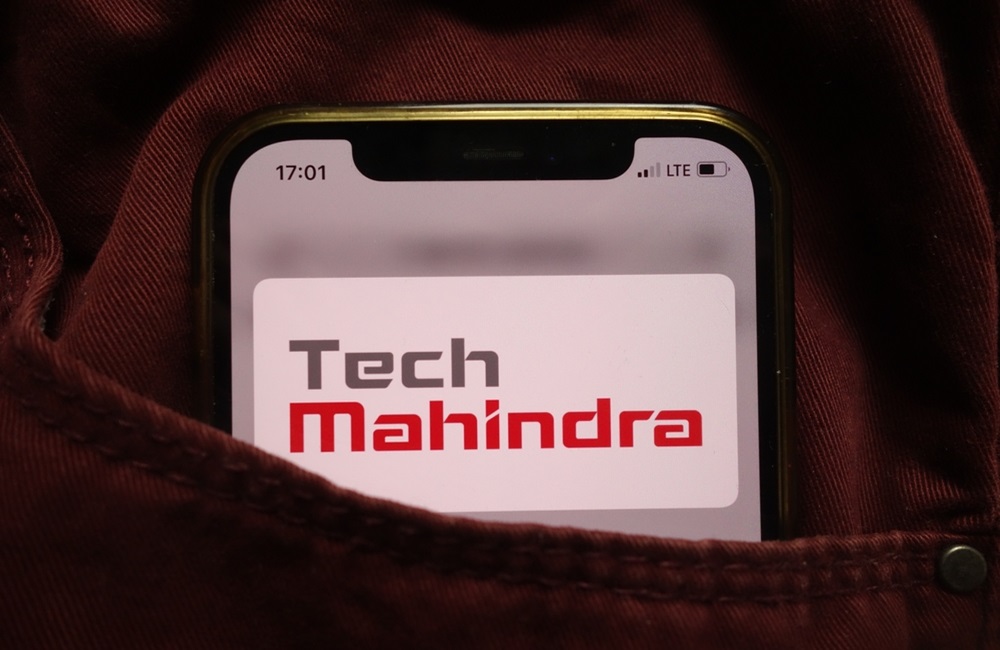WhatsApp's rolls out measures transforming user security by concealing IP address in calls
To bolster user privacy, WhatsApp, the leading instant messaging platform owned by Meta, has unveiled a cutting-edge feature designed to enhance the confidentiality of phone calls.
The company announced the rollout of an optional setting called ‘Protect IP Address in Calls‘ through its official blog post.
The essence of this new feature lies in redirecting individual calls through WhatsApp servers, concealing users’ IP addresses from direct exposure during person-to-person connections.
While the platform traditionally establishes direct peer-to-peer (P2P) connections for optimal voice quality, this innovation ensures that individual calls now benefit from the same server-based relay previously reserved for group calls.
This strategic shift addresses concerns about privacy, offering an additional layer of security for users who prioritize safeguarding their personal information.
WhatsApp clarified that despite this modification, all calls, both individual and group, will maintain end-to-end encryption, affirming the platform’s commitment to user confidentiality.
The gradual rollout of the ‘Protect IP Address in Calls‘ feature is currently underway for both Android and iOS users, potentially leading to a more secure calling experience.
Notably, this enhancement becomes especially relevant in light of the increasing demand for heightened privacy measures.
Among other developments, WhatsApp is reportedly in the testing phase of an email verification method for account logins. This anticipated feature, currently undergoing beta testing for select Android users, is expected to be available for general users in the coming months.
Serving as a potential alternative to the default one-time password authentication via SMS, this method aims to provide users with a versatile and secure login experience.



